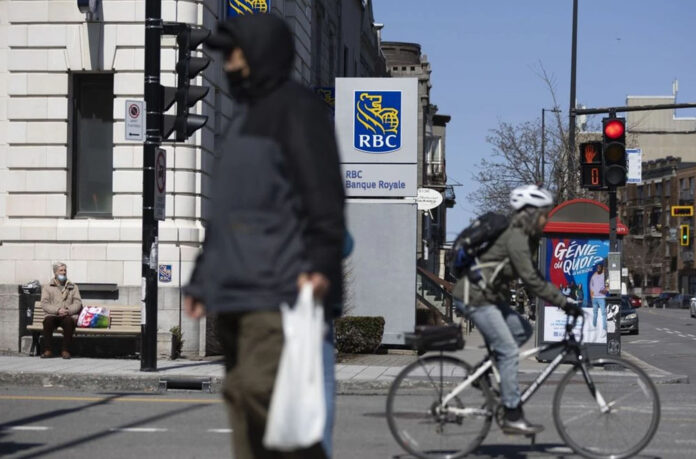“This recession will be moderate and short-lived by historical standards—and can be reversed once inflation settles enough for central banks to lower rates,” economists Nathan Janzen and Claire Fan wrote in their latest report.
Nonetheless, Janzen and Fan warned the Bank of Canada can’t afford to take its foot off the gas in the fight against inflation.
“Though higher rates will technically push Canada toward a contraction, the Bank of Canada now has little choice but to act. … A scenario in which Canadians believe inflation will run well past the bank’s target range of one to three percent could upend almost three decades of exceptionally effective inflation targeting policy. It could also require much larger and more damaging interest rate hikes to re-anchor prices,” they wrote.
The Bank of Canada is widely expected to hike its target for the overnight interest rate to 2.25 percent from 1.5 percent at its policy meeting next week. That would be the fourth time the rate has gone up this year as the central bank attempts to wrestle down inflation that is sitting at close to a 40-year high of 7.7 percent. RBC is expecting the consumer price index will rise at least 5.0 percent through the first quarter of 2023, and will eventually slide back into the Bank of Canada’s target range of one to three percent in the third quarter of next year, but without quite reaching the goal of 2.0 percent.
While a recession appears to be in the offing, RBC’s economists said they expect the unemployment rate will only rise modestly compared to past downturns as businesses are already struggling amid a “historic labour squeeze.
That squeeze was evident earlier this week in the Bank of Canada’s latest Business Outlook Survey, which showed four out of every ten respondents said their company was facing a labour shortage, and 68 percent said the tight labour conditions were worse than a year earlier. Those dynamics are compelling employers to pay up more for talent: 73 percent of respondents said they’re expecting to pay higher wages over the next year, with an average pay hike of 5.8 percent.
With unemployment sitting at a record low of 5.1 percent as of May, RBC is estimating the rate will rise to 6.6 percent next year as the economic downturn plays out. That rise of one-and-a-half percentage points would be small by historical standards: RBC looked at past recessions and found the unemployment rate rose from as little as 0.6 percent (in 1951-53) to as much as a seven-point surge in 2019-20).









